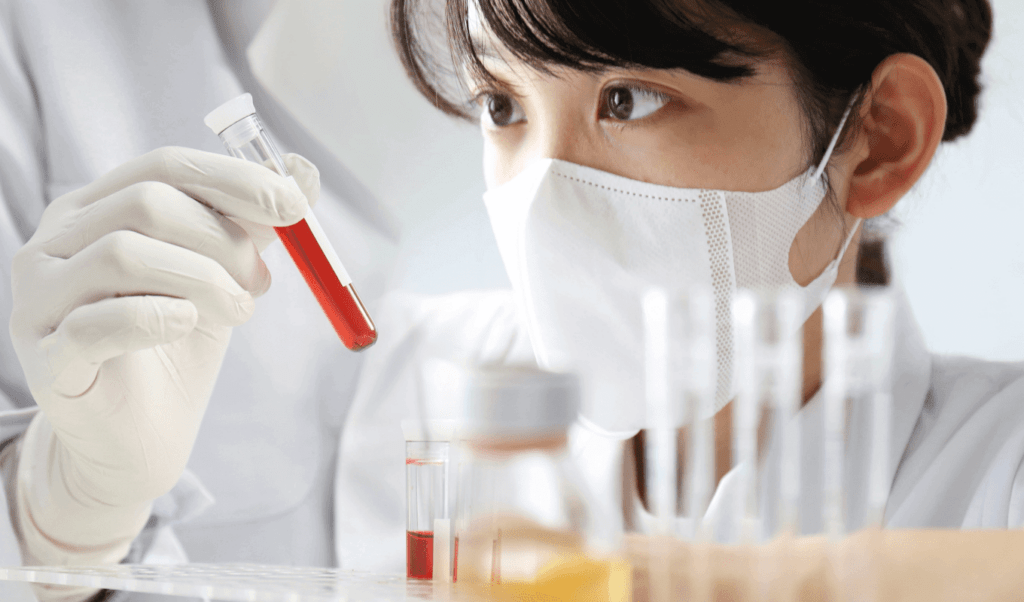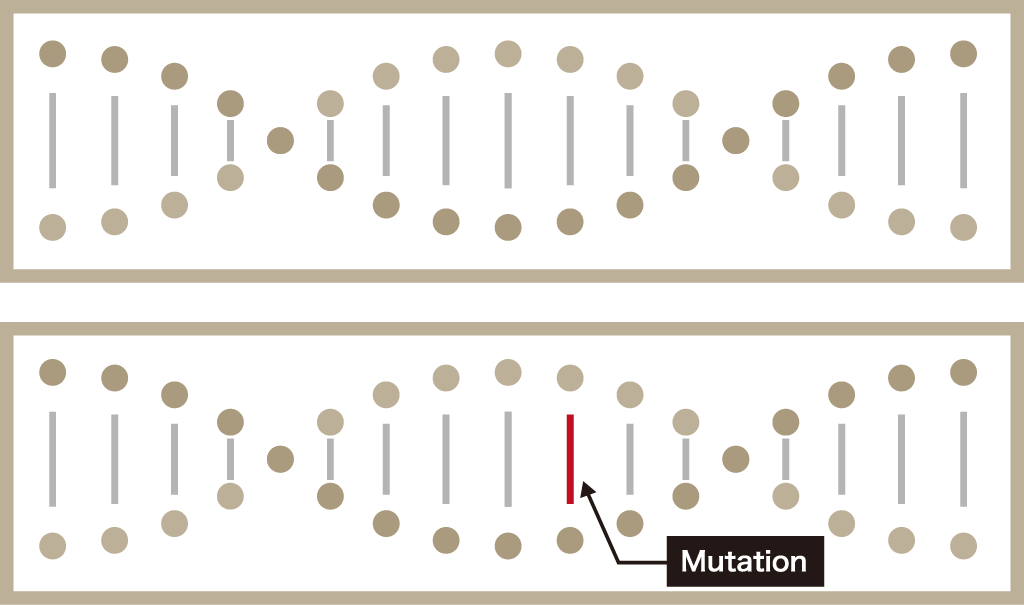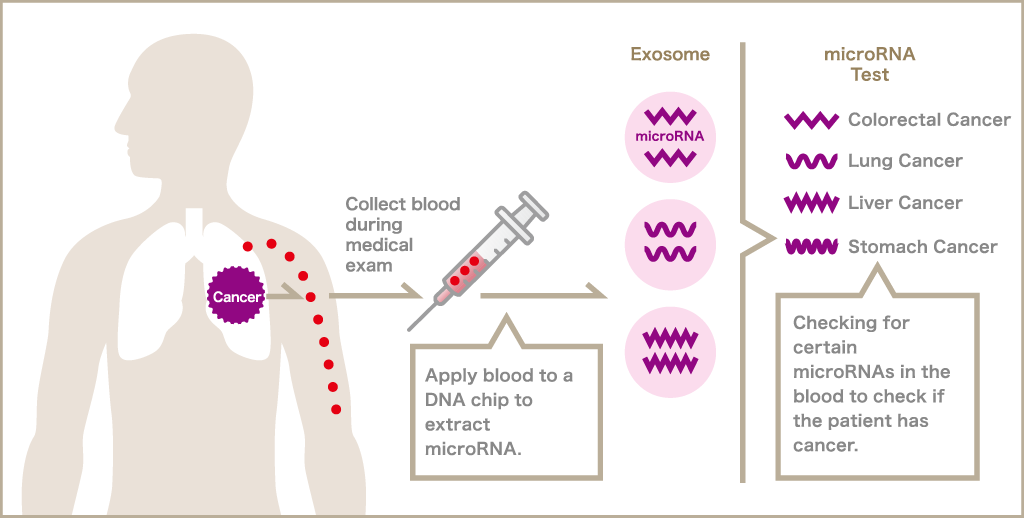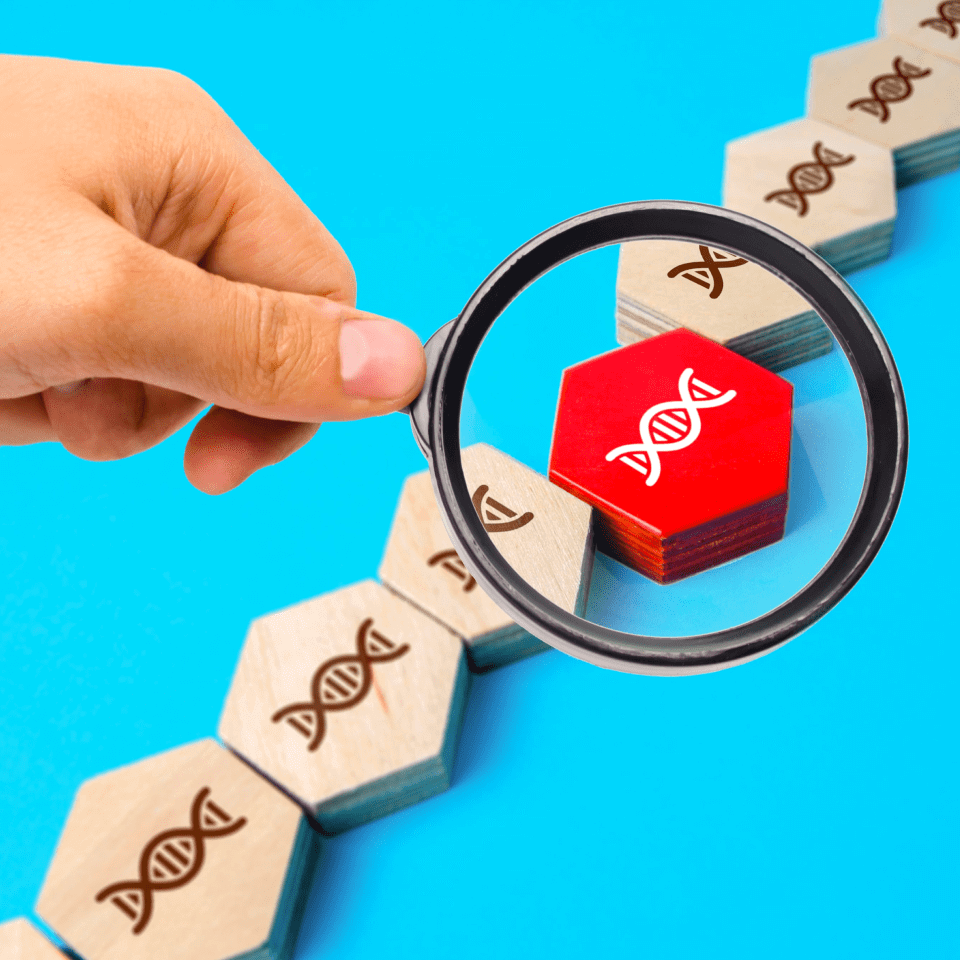Home / Cancer Genetic Test

Cancer genetic risk test analyzes our DNA to determine cancer susceptibility. DNA and other samples are taken from cancer tissue/ blood and analyzed for mutations in cancer-related genes to determine cancer susceptibility. Since this test can examine multiple genes related to cancer as a set, it may discover mutations that could not be found in other tests focusing on only one type of gene. It also reveals the combination of genetic mutations that we have, thus contribute to locating the optimal treatments for individuals. Be mindful that the presence of a mutation does not necessarily mean confirmed development of cancer.

Cancer develops when genes in normal cells are damaged. The cell becomes a cancer cell when a gene is damaged so it no longer functions properly. Genetic testing for cancer examines whether a patient’s cancer-related genes are damaged, it thus indicates cancer susceptibility.

MicroRNAs are short nucleic acid molecules copied from DNA that regulate genes and proteins in human body. Cancer-specific microRNAs are involved in cancer metastasis and pathology. By examining the type and amount of microRNAs in the blood through miroculus technologies, various types of cancer can be effectively detected at an early stage simply by blood collection. High hopes are on this technology as a new diagnostic marker As the test is more sensitive than conventional methods (reaching 96% or higher). Participants can select up to 3 types of cancer from the following 13 options:
Esophageal cancer, stomach cancer, colon cancer, lung cancer, liver cancer, pancreatic cancer, gallbladder cancer, brain tumor, leukemia, lymphoma, bladder cancer, breast cancer, prostate cancer (male), ovarian cancer (female)


Cancer Genetic Risk Test = to determine future cancer susceptibility


